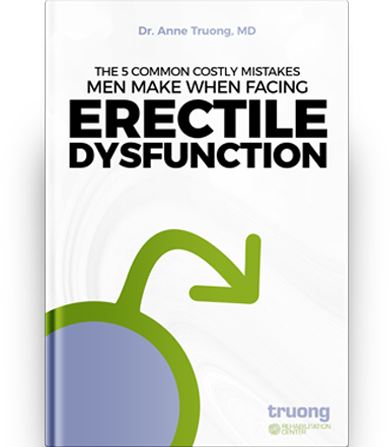Could Vitamin D impact a person’s lifespan? A study presented at the European Congress of Endocrinology 2020 meeting, researchers from University Hospitals, Leuven, Belgium, found that this may be, in fact, true.
They found that low levels of free 25 Hydroxyvitamin D could predict all-cause mortality. The study focused on middle-aged and older men. The study was tasked with determining the best way to measure Vitamin D levels. What the study found was quite interesting – those who had a low level of Vitamin D (a deficiency) were more likely to be at a higher risk of all-cause mortality. In short, this indicates that deficiency in Vitamin D may increase the risk of death across the board.
What Is the Predicting Factor?
The study looked at very specific details of this deficiency. It found that free 25(OH)D, but not free 1.25(OH)2D, provided a clear indication of mortality in people. Doctors look at these very small components of Vitamin D. This is where things get a bit more detailed –
The total amount of Vitamin D metabolites is often used to determine what a person’s Vitamin D status is – within range or low. 25(OH)D is the prohormone. The body then converts it into 1.25(OH)2D. This is the component that the body uses. It is considered active in the body.
The study found that men, specifically, who had the lowest amount of free 25(OH)D, were at a 91 percent increased risk of early death. That is compared to men who had a significantly higher among of 25(OH)D.
The study indicated that while both the total and the free 25(OH)D types are both very important and can be predictive of increased risk of mortality, it is the free 25(OH)D that is a very clear indicator of mortality risk.
Why Does This Matter?
Doctors have no trouble measuring 25(OH)D in most patients. This can be done rather easily using routine clinical testing. However, free 25(OH)D is a bit more complex approach. Today, it is often used just in research practice, but can be accessed by doctors if they sought it out. This study indicates that it may be well worth their effort to do just that.
Many times, studies and doctor practice focus on the total amount of 25(OH)D present. They then use this to relate to the age-related disease a person has and, ultimately, his or her mortality risk. What this study found is that the biologically active fraction – the free 25(OH)D – is unbound. It represents less than one percent of all of the Vitamin D metabolites in the body. This study shows the importance of measuring this free fraction over just using total 25(OH)D.
What Is the Link Between Vitamin D and Mortality?
Vitamin D rarely gets enough attention in medical studies and practice. As one of the most important components to health and wellbeing, this study shows just how valuable it can be in helping to support and predict mortality in patients.
The key to remember here is that Vitamin D is a very commonly deficient nutrient in the body. This is especially true in older people who do not go outside as often. It is also a higher percentage of people who are at risk of developing other age-related diseases. This may include conditions like cancer, cardiovascular disease, and osteoporosis.
Vitamin D plays a very important role in the body’s overall health and wellbeing. Its main biological function is to maintain normal blood levels of both calcium and phosphorus in the body. It is critical in the absorption of calcium – a nutrient everyone’s body needs to maintain a healthy bone structure.
While strong bones are important, there is also evidence that Vitamin D works to help minimize risks associated with other age-related diseases, including the development of hypertension, cancer, autoimmune diseases, and osteoporosis. Vitamin D helps protect an overall increase in the function and effectiveness of the immune system. It also helps to support healthy joints and muscles, colon health, breast health, and even prostate health in men. It plays a role in hormone regulation, too.
To obtain enough Vitamin D, individuals need to have enough (proper) exposure to sunlight. They may also get some levels of Vitamin D through the food consumed.
The data from this study provides a clear indication that Vitamin D deficiency can prove to be a key factor in predicting early death.
European Congress of Endocrinology 2020 : Abstract 1044.











